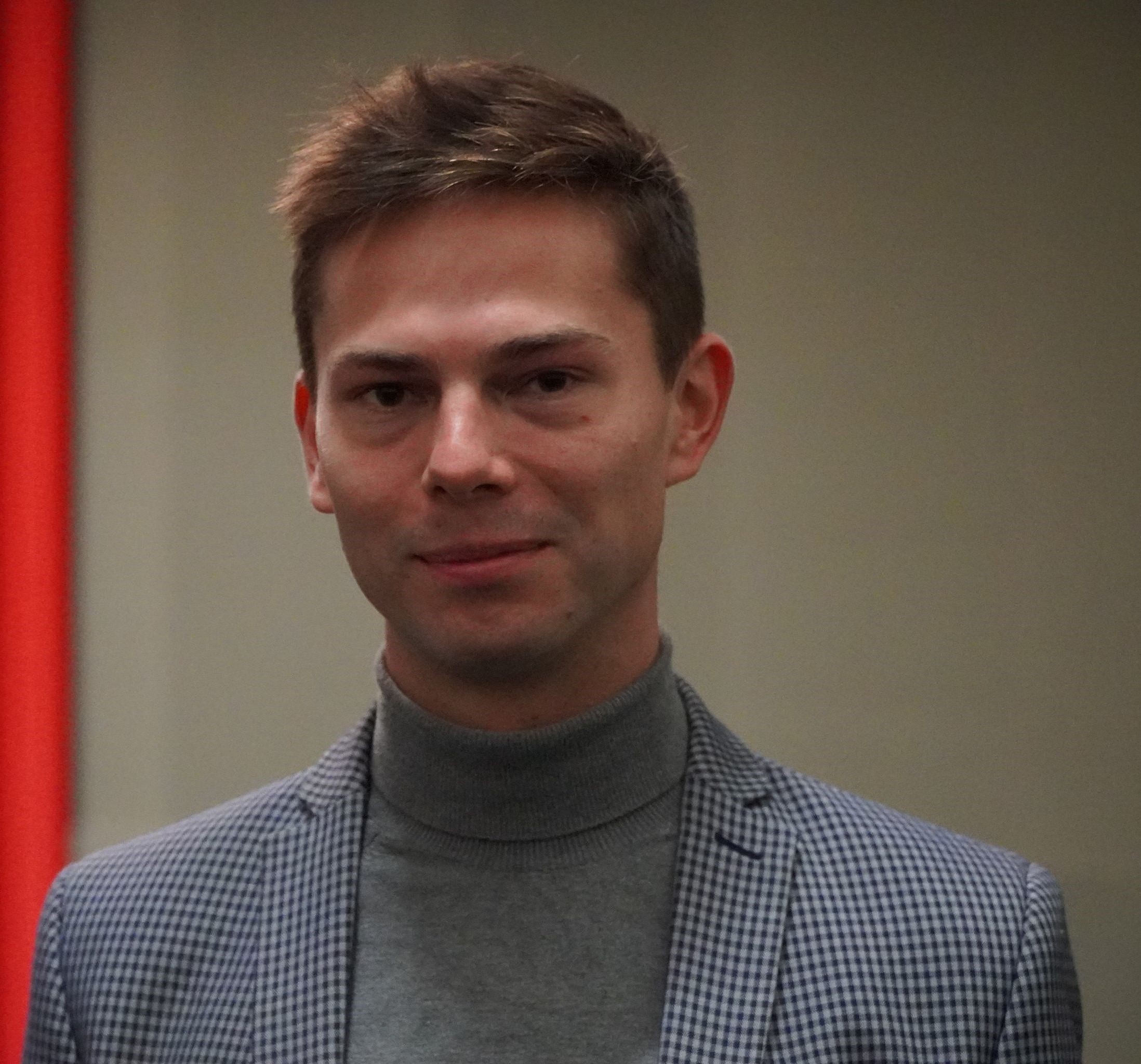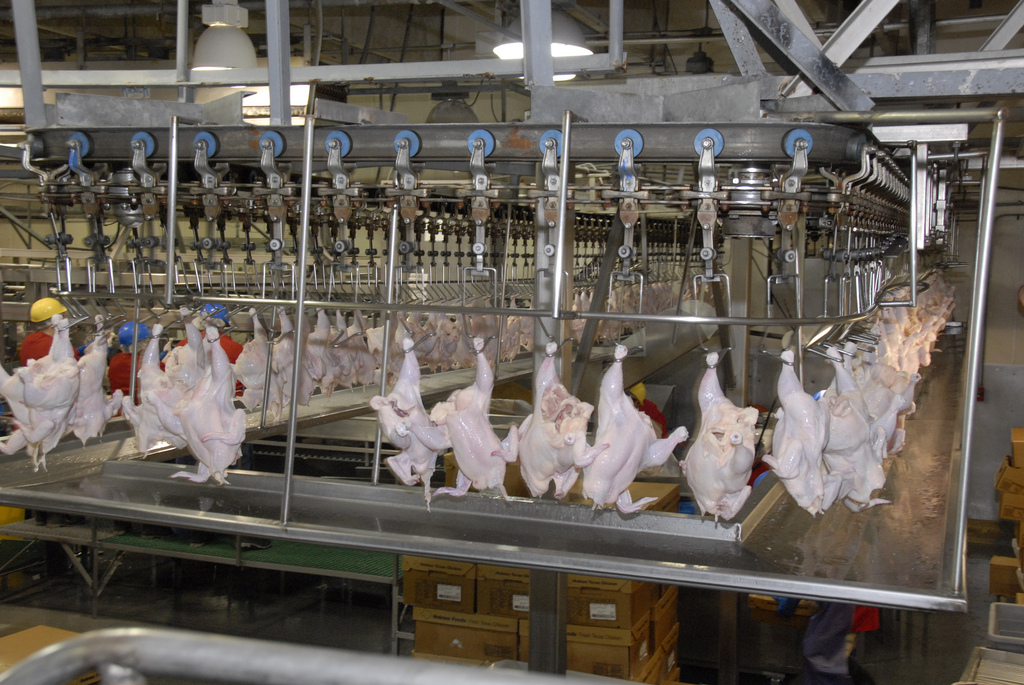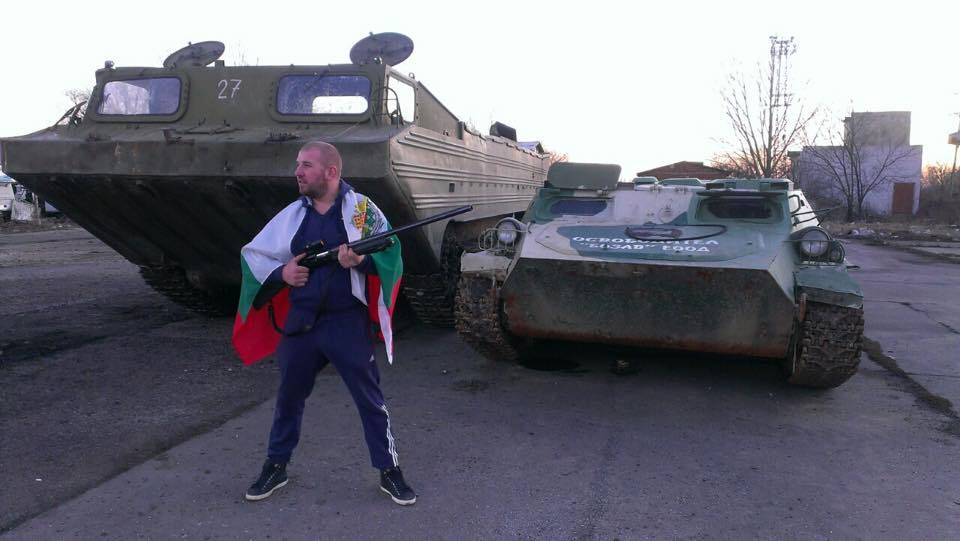Pologne – On September 7-9, 2021, the Sejm of the Republic of Poland is organizing the 30th edition of the Europe of the Carpathians conference in Karpacz. The event is organized together with the biggest economy meeting in Central Europe: the Economic Forum.
For years, the “Europe of the Carpathians” conference has been a place of meeting and discussion for people who want to exchange ideas freely about axiological aspects of our civilisation, economic strategies, growth and new perspectives of scientific cooperation. The initiator of this cycle of conferences is the Chair of the Foreign Affairs Committee and former Marshall of the Sejm of the Republic of Poland Marek Kuchciński. The aim of this initiative is among others:
- the strengthening of cooperation between Central and Eastern European (CEE) states
- the development of urban infrastructure (Via Carpathia, Via Baltica, A1, S3)
- the deepening of regional cooperation (Visegrad Group, Three Seas Initiative, Bucharest Nine).
Participants of the upcoming conference will include former Czech President Vaclav Klaus, EU Commissioner for Agriculture Janusz Wojciechowski, Hungarian Minister of Foreign Affairs Péter Szijjártó, Polish Minister of Foreign Affairs Zbigniew Rau, vice-Chair of the ECR group in the European Parliament Rafaele Fitto and vice-Marshall of the Polish Sejm Ryszard Terlecki to name just a few. Panellists will be discussing topics such as parliamentary diplomacy, sustainable development, infrastructure, security, transport ecology and the future of Europe.
The September edition of the conference will include fourteen panels*:
[September 7]
-
The Visegrad Green Deal – challenges for agriculture and energetics
Climate neutrality is a considerable challenge for the economies that have so far relied on coal. There is an ongoing discussion in Europe on the Green Deal and beneficial energy transformation and its impact on agricultural production as well as on the biodiversity strategy and forest management. V4 leaders have to cope with effective implementation of sustainable development suitable for the growth of the region. Which solutions are the most effective for Central European countries?
-
New challenges in international policies: USA – Europe – Russia – China
Both the US elections and the pandemic changed the geopolitical situation in the world. We are currently observing an increase in the importance of China and a change in the political order in the European Union in the context of discussions on its reform. An undoubted challenge for the world community is also the increase of Russia’s military potential in the midst of the conflicts it is engaged in.
-
The parliamentary diplomacy of the Three Seas Initiative
On the one hand, parliamentary diplomacy becomes an element of power and prestige of the parliament, on the other, an effective soft power tool to pursue specific foreign policy interests. In this context, an extremely interesting issue is the potential directions of parliamentary cooperation both within the Central European region and the European Union, as well as projects addressed to other countries, which will allow the region to strengthen its importance in global relations. As part of the discussion, representatives of the foreign affairs committees of the Three Seas countries will discuss the proposal to create a parliamentary dimension to this initiative.
[September 8]
-
30 years of free Central European states and building of regional cooperation
The similarities among the countries of Central Europe allowed them for thirty years of fruitful cooperation. Currently, the region is facing new challenges, and the pandemic is forcing changes for which each country must prepare. Cooperation in the region is possible despite the differences between us, thanks to common goals, ideas and the neighbourhood on the border of the European Union. Only together can we solve the problems of Central Europe if we admit that we need each other.
-
The European neighbourhood policy
The discussion will be devoted to the eastern and southern dimensions of the European Neighbourhood Policy, identifying similarities and disputes, as well as humanitarian and development aid and the involvement of states in resolving the immigration crisis, including the protection of the EU’s external borders and the impact of borders on economics, tourism and migration.
-
The influence of the European Green Deal on the transport policy of Central Europe
The European Green Deal in the coming years will be a key factor influencing the shape of transport policy in Central Europe. In this regard, the need to strengthen the role of rail transport, especially during the European Year of Railways, is one of the tools that fit into the broadly understood discussion on reducing the emission of transport. These activities, together with the consistent expansion of the infrastructure on the North-South axis, in the future, will enable the creation of a sustainable transport system in the Carpathian region.
-
The future Europe: open or closed?
It has been fourteen years since the greatest enlargement of the European Union, but the question of whether this period allowed for blurring the distinction between old and new member states remains open. The search for a compromise between the postulates of greater integration and the concept of a Europe of solidarity and sovereign states is still the region’s greatest challenge, as is the answer to the question of where the limits of European integration are: geographic, structural, social and economic.
-
The European alliance of conservatives – common declaration
Contrary to the treaties in force, the European Union is moving more and more towards a federal state, becoming a hostage of radical forces – fanatical pan-Europeanism, extreme liberalism and environmentalism. That is why we need an alliance of these political forces – parties of common sense – which, without rejecting modernity and European cooperation, want to build a community of sovereign states and free nations that have a positive attitude to Europe’s cultural heritage and to our fundamental social institutions in their traditional form. The first step towards such an alliance was the recent joint ideological declaration.
-
Digital Europe of the Carpathians. Security and economic leap, or why do we need new technologies?
The participants of the panel will discuss why it is impossible to talk about state security without taking into account digital solutions, about the translation of new technologies into traditional and innovative sectors of the economy, as well as about the fourth industrial revolution.
[September 9]
-
Central European youth about the future of Europe
Europe has to prepare itself to face many challenges. Shrinking demography, terrorist threats, military and energy security, socio-economic changes, the spread of disinformation. These issues overlap with the clash of two civilizational visions: the Christian view and the one of the liberal-left, and the dispute that is taking place between them, leading to a deep social division. We give the floor to young Europeans as those who shape the future of our continent today. What do they think are the most important challenges facing Europe and how should they be dealt with?
Editor in chief of the Visegrád Post Ferenc Almássy is one of the panellists.
-
The Next Generation EU Plan. The National Reconstruction Plan. The Carpathian Strategy.
The Next Generation EU Plan and the National Reconstruction Plan are the response of European Union countries to the new threats and challenges caused by the pandemic. Their main goal is to rebuild and restore the resilience of EU economies and to prepare for future unforeseen circumstances. How to use the newly created instruments to help such regions as the Carpathian Macroregion, which already had a number of problems hindering its development? How to best use EU funds to strengthen the competitiveness and attractiveness of the region and reduce the outflow of inhabitants by improving their quality of life?
-
The state and the perspectives of partnership between Poland and Ukraine – presentation of a report prepared by the Institute of Political Sciences and Administration of the Maria Curie-Skłodowska University, the Institute of Central Europe in Lublin and the Shevchenko Institute of International Relations
Expert analysis of relations between Poland and Ukraine carried out by a Polish-Ukrainian research team on five levels: 1) common historical memory and cultural heritage; 2) bilateral relations and international security; 3) economic, social and cross-border cooperation; 4) public diplomacy and strategic communication in both countries; 5) Poland-Ukraine relations and international relations in Central and Eastern Europe.
-
The new climate policy of the Carpathians or how to effectively protect the natural heritage of the Carpathians. The potential of national parks.
Climate change is one of the most pressing challenges facing our societies. One of the main decisions of the European Union is to achieve climate neutrality by 2050. Climate action is also taken by the Member States in the form of their climate strategies. The question is, are they effective in achieving a common European goal?
-
Central Europe – its heritage, people and future.
In this panel we will be discussing the wealthy heritage of the Carpathian region as well as its historical figures: St. John Paul II, Frédéric Chopin, József Antal, Joseph Pulitzer, Ferenc Liszt, Ernő Rubik, Franz Kafka,… We will ask ourselves how can the potential of the region be used to its best advantage.
Click here for the Sejm’s Youtube channel hosting the online conference
*The exact titles of the panels might be subjected to modifications




